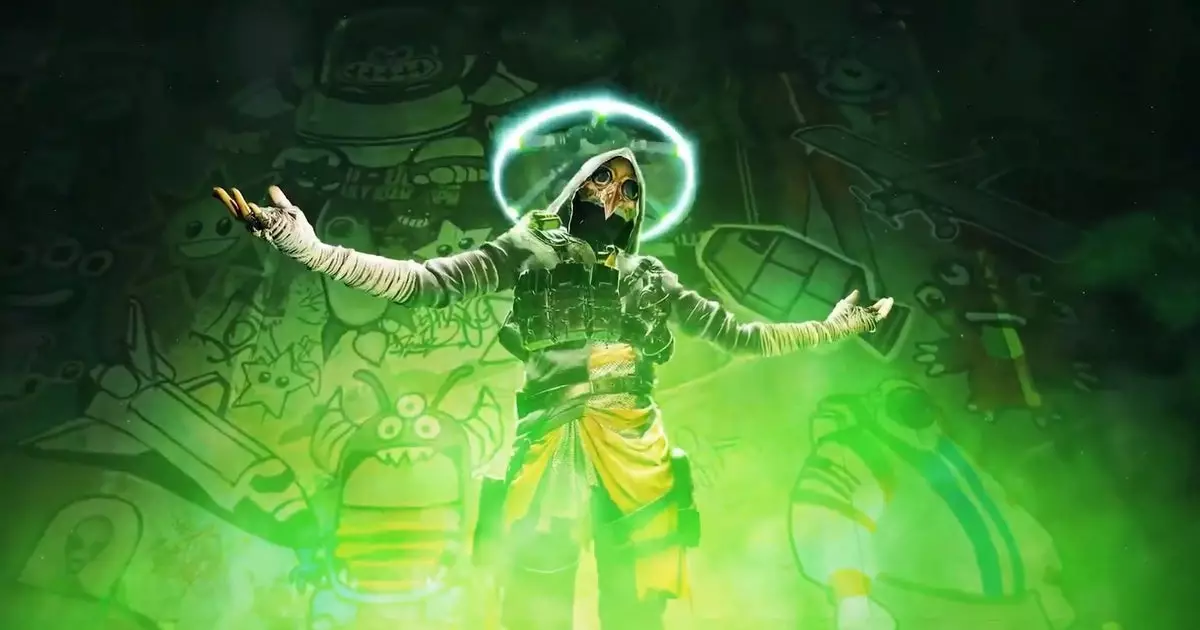The gaming world has been rocked by news of Ubisoft’s discontinuation of its PvP shooter, XDefiant, a decision that has resulted in the layoff of approximately 277 employees across various development studios. This marks yet another significant failure in the highly competitive free-to-play first-person shooter (FPS) market. In a statement, Ubisoft executive Marie-Sophie de Waubert lamented that the company could not retain a sufficient player base to compete effectively. This mirrors a broader trend within the industry where numerous titles have struggled to find their footing amid ever-evolving market demands and player expectations.
At the heart of the decision lies a stark reality: despite employing resources, both financial and creative, XDefiant fell short of its goals. While the latest season will still be rolled out and servers are set to remain operational until June, the inability to download the game or make in-game purchases underscores a grim future for what could have been a successful title.
The layoffs, described euphemistically as “departures,” are significant and impact numerous studios including those in San Francisco, Osaka, and Sydney. It is vital to consider the human toll these decisions result in, as people’s livelihoods are directly affected. 143 individuals in San Francisco and 134 across the Osaka and Sydney studios face an uncertain future amid a climate increasingly riddled with instability for game developers. The phraseology used by de Waubert during the announcement glosses over the pain those employees will experience—an example of a growing disconnect between corporate language and the realities faced by workers.
Transitioning remaining personnel to other roles within Ubisoft is a measure aimed at softening the blow, yet it does not address the emotional and psychological impacts on those who have dedicated years to a project that ultimately failed to launch successfully. Such measures, while supportive in superficial terms, can hardly compensate for the sense of loss experienced by those affected.
Ubisoft’s commitment to the games-as-a-service model remains firm, yet it begs the larger question: is this approach sustainable? De Waubert insists that the lessons learned from XDefiant will be applicable to future projects, but players are groaning under the weight of titles that often feel less like complete games and more like money-making ventures dressed as experiences. The gaming community has become increasingly weary of developers prioritizing monetization strategies over genuine engagement and innovative gameplay.
The expectation for titles like Rainbow Six Siege and For Honor to serve as exemplars of turnaround successes does not awaken confidence. Historically, the path to dominance in the games-as-a-service arena is fraught with peril. Allen of Kotaku highlighted the issues XDefiant faced in establishing its unique identity amidst a crowded field. Players are reluctant to dive into yet another title that may fall victim to the same pitfalls of shallow engagement and fleeting content.
Reflecting on the series of events leading up to XDefiant’s downfall, it is apparent that there has been a communication breakdown between Ubisoft’s upper management and the development team. In September, executive producer Mark Rubin maintained that the game was flourishing and poised for a turnaround. However, only months later, these assurances turned to ashes as uncertainties escalated and the future of the game grew dim. This discrepancy raises troubling questions about the decision-making processes within Ubisoft and the extent to which developers feel empowered to steer their projects toward success.
Is there a systemic issue within the corporate structure that drives executives to declare a project thriving, only to pivot abruptly to layoffs and cancellation? This lack of transparency and communication may be symptomatic of a deeper issue at Ubisoft, one that could continue to manifest across their upcoming projects if left unaddressed.
The demise of XDefiant serves as a cautionary tale for the gaming industry, illustrating the uncertain nature of game development in the modern era. As more studios experience the precarious balance of creating engaging content while wrestling with the demands of monetization, the example set by Ubisoft raises important questions about the sustainability of the games-as-a-service model.
Ultimately, the closure of XDefiant and the layoffs that accompany it represent more than just a failure of a single title; they highlight an urgent need for introspection within the gaming industry. For the hundreds of employees affected, the challenge now is to find new avenues for their passion. Meanwhile, for players, the takeaway is clear: the time for prioritizing genuine creativity and community engagement in gaming has never been more crucial.

